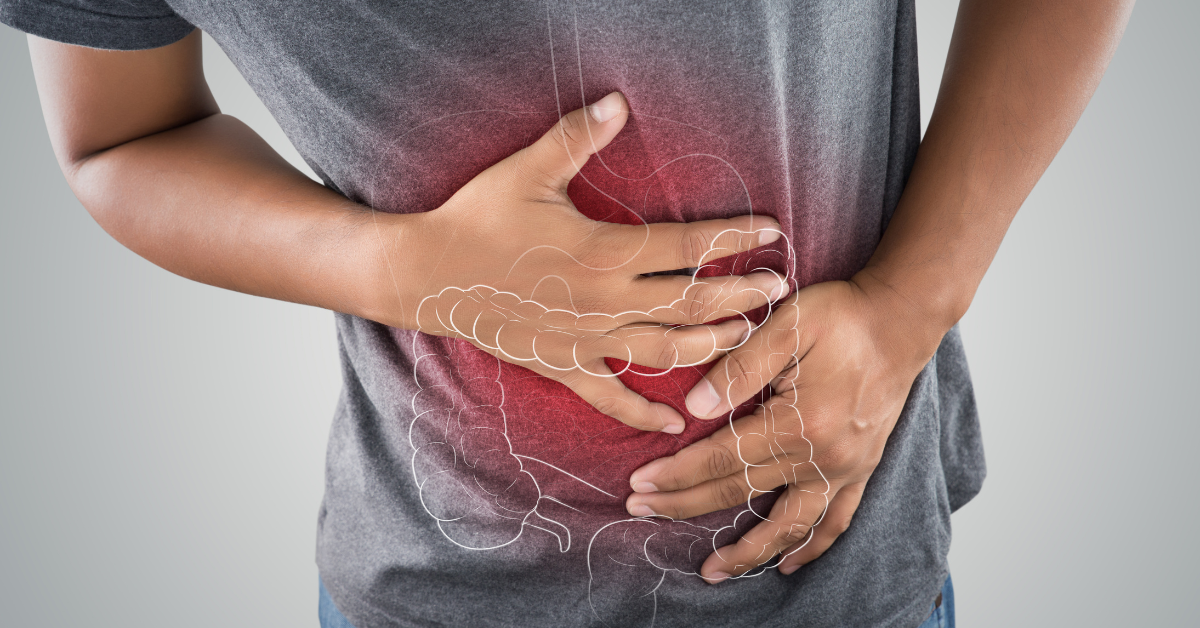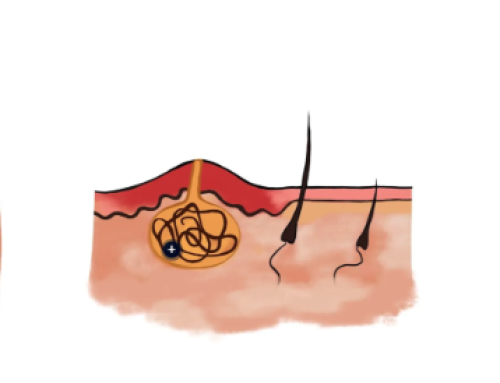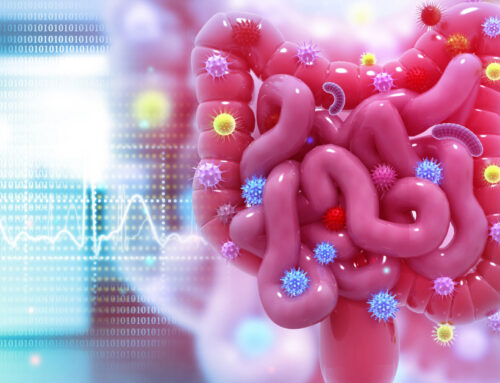
What is colon cancer? Colon cancer is the presence of cancerous tumors in the large intestine, the final part of the digestive tract.
Colon cancer usually begins with the development of precancerous polyps in the colon. If left undiagnosed, these polyps can become malignant. This is why scheduling a colonoscopy is so important. When polyps are detected early, they can be removed, decreasing the risk of colon cancer developing.
Let’s dive into some of the top warning signs & symptoms of colon cancer.
1. A change in bowel movements
A change in bowel movement includes several different things. It can range from the need to use the restroom more frequently, a decrease in bowel movement, feeling the need to poop but nothing passing, or feeling that after finishing using the restroom the bowel did not finish emptying.
2. Your stool looks abnormal
Of course, there is a normal variation of stool. However, if your stool begins to change from the usual range of normal, it might be a good idea to schedule a check-up. Problematic variation can include narrow, pencil-thin stools, an alternation between diarrhea and constipation, or the presence of blood in stools.
3. Experiencing rectal bleeding
This one does not need much explanation beyond that it is not normal to experience rectal bleeding. If your stool shows signs of bright or dark red blood, the body may be trying to let you know something has changed!
4. Abdominal pain or discomfort
If you have persistent abdominal pain or discomfort, call your doctor’s office to make an appointment. Abdominal discomfort ranges from bloating, cramps, and discomfort to the more extreme case of nausea and vomiting. None of the above symptoms should be experienced on a persistent basis.
5. Loss of appetite, weight loss, or fatigue
Sometimes when the body is struggling to stay healthy, it expends a lot of energy. Depending on the person, they may find they have a loss of appetite or notice that their clothes fit differently. If you are experiencing excessive fatigue, tiredness, or weight loss see your doctor for a check up.
Although some people may experience one or two of the above symptoms from a change in diet or food poisoning, if any combination of these symptoms persists, then it is a good idea to talk with a doctor. Better to schedule a colonoscopy and find everything looks healthy or even a precancerous polyp than to wait until discomfort brings about an unfortunate diagnosis.
While being older than 45 years old puts people at a greater risk of developing colon cancer, there has recently been an uptick in cases for those in their 20s. It goes without saying that early detection saves lives and greatly increases the chance of fully recovering!




